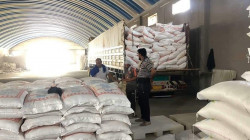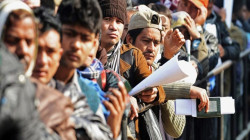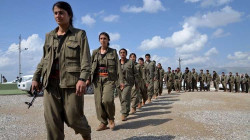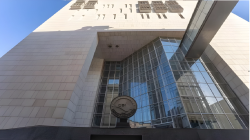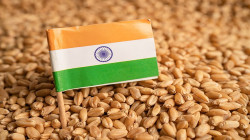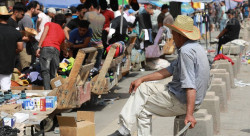Drought’s devastation: Iraq’s rice belt withers
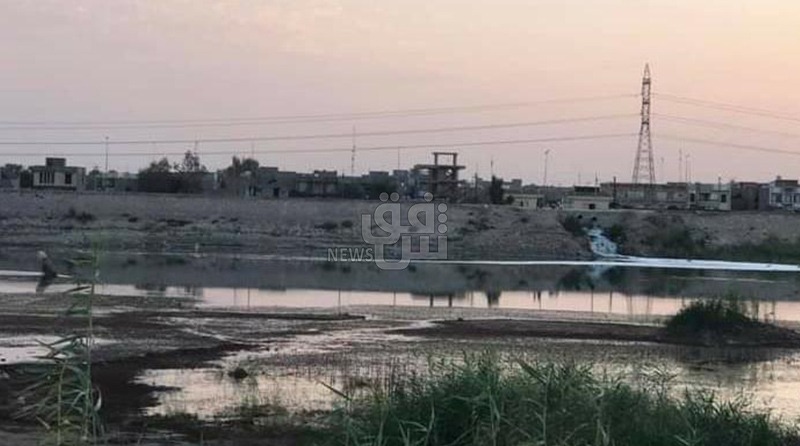
Shafaq News/ Iraq’s Najaf and al-Muthanna provinces are bracing for a major agricultural crisis following the government’s decision to cancel this year’s rice (al-shilb) cultivation due to acute water shortages.
Fields at a Standstill
Al-shilb rice, one of Iraq’s most water-intensive crops, is crucial to the livelihood of thousands of families in central and southern regions. However, with upstream flows from Turkiye significantly reduced and the Euphrates River’s volume dropping by 60% over the past two decades due to upstream restrictions and climate change, this year’s planting season has been canceled.
Ahmed Sawadi, advisor to the head of Najaf’s Provincial Council for Agriculture and Rural Affairs, confirmed to Shafaq News that the Ministry of Water Resources has formally prohibited rice farming. “This is a disaster,” he warned. “Most farmers in Najaf, al-Diwaniyah, and al-Muthanna rely entirely on agriculture.”
The ban, he cautioned, will plunge already vulnerable rural families deeper into poverty, further limiting their access to essential services such as healthcare, electricity, and education.
Collapsing Water Lifelines
Najaf is already experiencing the water fallout. Shaker al-Atwi, director of the province’s Water Resources Department, told our agency that no summer irrigation quota has been allocated. “The remaining reserves are prioritized for drinking water—but even that is under threat.”
He also noted the drying of the Ibn Najm marsh, which depends entirely on saline drainage, adding that high temperatures have accelerated its evaporation, killing large numbers of fish and worsening the ecological strain.
Al-Muthanna, located at the tail end of the Euphrates, faces even harsher conditions. Deputy Governor Youssef Sawadi described the situation as “critical,” accusing upstream provinces of exceeding their allocations and depriving his region of its share.
He called on the Iraqi government to enforce fair distribution and reinstate the suspended summer cropping plan, arguing, “Rice is vital to the livelihoods of local communities.”
Sawadi also highlighted rising river pollution as a compounding threat, warning that contamination is eroding the viability of remaining farmland.
Gaps in Strategy
Officials argue that better planning and more proactive diplomacy could have mitigated the crisis. Ahmed Sawadi pointed out that Iraq’s constitution recognizes water scarcity as a “natural disaster,” obligating the state to compensate affected farmers.
He also advocated for modern irrigation methods—especially the seedling system, which can dramatically reduce water use. Despite its proven effectiveness, it remains underutilized in drought-hit areas.
On the international front, Sawadi called on Baghdad to leverage its $20–22 billion annual trade relationship with Turkiye to negotiate a more equitable water-sharing agreement.
Meanwhile, the deputy governor stressed the need for urgent coordination among ministries to combat water pollution and preserve what remains of Iraq’s agricultural and ecological systems.
